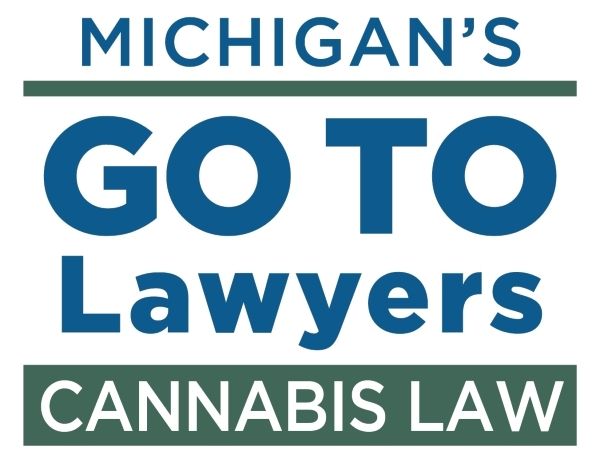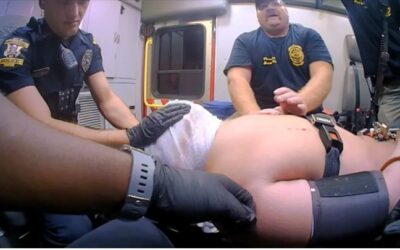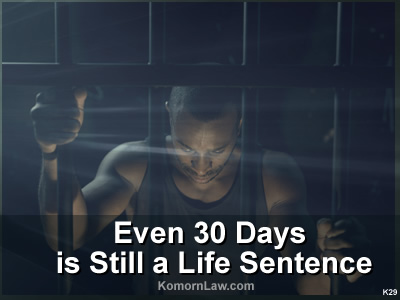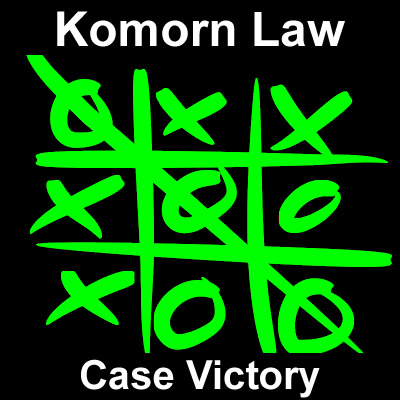| Sec. 4.
(a) A qualifying patient who has been issued and possesses a registry identification card is not subject to arrest, prosecution, or penalty in any manner, or denied any right or privilege, including, but not limited to, civil penalty or disciplinary action by a business or occupational or professional licensing board or bureau, for the medical use of marihuana in accordance with this act, provided that the qualifying patient possesses an amount of marihuana that does not exceed a combined total of 2.5 ounces of usable marihuana and usable marihuana equivalents, and, if the qualifying patient has not specified that a primary caregiver will be allowed under state law to cultivate marihuana for the qualifying patient, 12 marihuana plants kept in an enclosed, locked facility. Any incidental amount of seeds, stalks, and unusable roots shall also be allowed under state law and shall not be included in this amount. The privilege from arrest under this subsection applies only if the qualifying patient presents both his or her registry identification card and a valid driver license or government-issued identification card that bears a photographic image of the qualifying patient.
(b) A primary caregiver who has been issued and possesses a registry identification card is not subject to arrest, prosecution, or penalty in any manner, or denied any right or privilege, including but not limited to civil penalty or disciplinary action by a business or occupational or professional licensing board or bureau, for assisting a qualifying patient to whom he or she is connected through the department’s registration process with the medical use of marihuana in accordance with this act. The privilege from arrest under this subsection applies only if the primary caregiver presents both his or her registry identification card and a valid driver license or government-issued identification card that bears a photographic image of the primary caregiver. This subsection applies only if the primary caregiver possesses marihuana in forms and amounts that do not exceed any of the following:
(1) For each qualifying patient to whom he or she is connected through the department’s registration process, a combined total of 2.5 ounces of usable marihuana and usable marihuana equivalents.
(2) For each registered qualifying patient who has specified that the primary caregiver will be allowed under state law to cultivate marihuana for the qualifying patient, 12 marihuana plants kept in an enclosed, locked facility.
(3) Any incidental amount of seeds, stalks, and unusable roots.
(c) For purposes of determining usable marihuana equivalency, the following shall be considered equivalent to 1 ounce of usable marihuana:
(1) 16 ounces of marihuana-infused product if in a solid form.
(2) 7 grams of marihuana-infused product if in a gaseous form.
(3) 36 fluid ounces of marihuana-infused product if in a liquid form.
(d) A person shall not be denied custody or visitation of a minor for acting in accordance with this act, unless the person’s behavior is such that it creates an unreasonable danger to the minor that can be clearly articulated and substantiated.
(e) There is a presumption that a qualifying patient or primary caregiver is engaged in the medical use of marihuana in accordance with this act if the qualifying patient or primary caregiver complies with both of the following:
(1) Is in possession of a registry identification card.
(2) Is in possession of an amount of marihuana that does not exceed the amount allowed under this act. The presumption may be rebutted by evidence that conduct related to marihuana was not for the purpose of alleviating the qualifying patient’s debilitating medical condition or symptoms associated with the debilitating medical condition, in accordance with this act.
(f) A registered primary caregiver may receive compensation for costs associated with assisting a registered qualifying patient in the medical use of marihuana. Any such compensation does not constitute the sale of controlled substances.
(g) A physician shall not be subject to arrest, prosecution, or penalty in any manner, or denied any right or privilege, including but not limited to civil penalty or disciplinary action by the Michigan board of medicine, the Michigan board of osteopathic medicine and surgery, or any other business or occupational or professional licensing board or bureau, solely for providing written certifications, in the course of a bona fide physician-patient relationship and after the physician has completed a full assessment of the qualifying patient’s medical history, or for otherwise stating that, in the physician’s professional opinion, a patient is likely to receive therapeutic or palliative benefit from the medical use of marihuana to treat or alleviate the patient’s serious or debilitating medical condition or symptoms associated with the serious or debilitating medical condition, provided that nothing shall prevent a professional licensing board from sanctioning a physician for failing to properly evaluate a patient’s medical condition or otherwise violating the standard of care for evaluating medical conditions.
(h) A person shall not be subject to arrest, prosecution, or penalty in any manner, or denied any right or privilege, including but not limited to civil penalty or disciplinary action by a business or occupational or professional licensing board or bureau, for providing a registered qualifying patient or a registered primary caregiver with marihuana paraphernalia for purposes of a qualifying patient’s medical use of marihuana.
(i) Any marihuana, marihuana paraphernalia, or licit property that is possessed, owned, or used in connection with the medical use of marihuana, as allowed under this act, or acts incidental to such use, shall not be seized or forfeited.
(j) A person shall not be subject to arrest, prosecution, or penalty in any manner, or denied any right or privilege, including but not limited to civil penalty or disciplinary action by a business or occupational or professional licensing board or bureau, solely for being in the presence or vicinity of the medical use of marihuana in accordance with this act, or for assisting a registered qualifying patient with using or administering marihuana.
(k) A registry identification card, or its equivalent, that is issued under the laws of another state, district, territory, commonwealth, or insular possession of the United States that allows the medical use of marihuana by a visiting qualifying patient, or to allow a person to assist with a visiting qualifying patient’s medical use of marihuana, shall have the same force and effect as a registry identification card issued by the department.
(l) Any registered qualifying patient or registered primary caregiver who sells marihuana to someone who is not allowed the medical use of marihuana under this act shall have his or her registry identification card revoked and is guilty of a felony punishable by imprisonment for not more than 2 years or a fine of not more than $2,000.00, or both, in addition to any other penalties for the distribution of marihuana.
(m) A person shall not be subject to arrest, prosecution, or penalty in any manner or denied any right or privilege, including, but not limited to, civil penalty or disciplinary action by a business or occupational or professional licensing board or bureau, for manufacturing a marihuana-infused product if the person is any of the following:
(1) A registered qualifying patient, manufacturing for his or her own personal use.
(2) A registered primary caregiver, manufacturing for the use of a patient to whom he or she is connected through the department’s registration process.
(n) A qualifying patient shall not transfer a marihuana-infused product or marihuana to any individual.
(o) A primary caregiver shall not transfer a marihuana-infused product to any individual who is not a qualifying patient to whom he or she is connected through the department’s registration process
|












